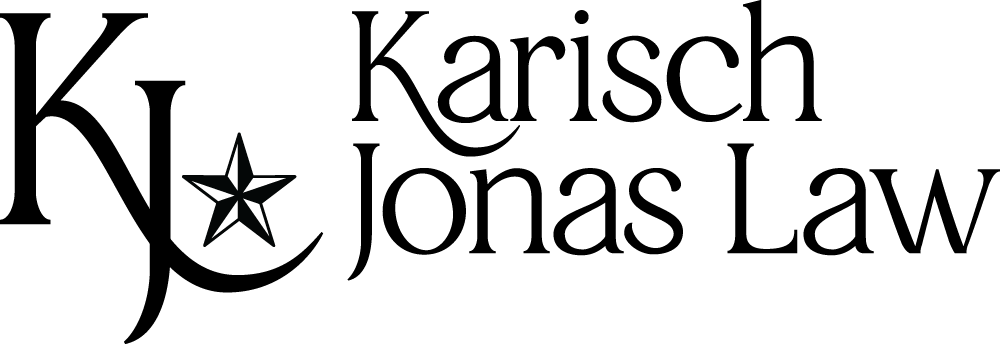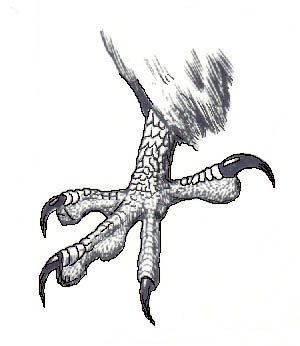Will there be a claw-back tax?
Congress and President Obama gave wealthy Americans a gift when they enacted the Tax Relief, Unemployment Insurance Reauthorization, and Job Creation Act of 2010 -- in 2011 and 2012, gifts of up to $5 million may be made without paying gift tax.
This is a great opportunity for giving, and estate planning professionals are nearly unanimous in encouraging clients who have sufficient means to take advantage of the high lifetime gift tax exemption amount. Still, there's a slight reluctance to embrace the strategy -- the possibility of a "claw-back" tax.
The claw-back
Gifts of up to $5 million in 2011 or 2012 may incur no gift tax. What happens, though, if the tax-free amount is less than $3 million when the donor dies?
When preparing the Form 706 -- Federal Estate Tax Return, prior taxable gifts are taken into account -- "brought back into the estate" -- at the date-of-gift value for purposes of calculating the estate tax amount. Since the Form 706 will incorporate the tax-free amount in effect on the date of death, if that tax-free amount is less than the amount of the prior gifts, the donor's estate may be liable for estate tax on the value of the previously-tax-free gifts -- those gifts may be "clawed back" into the estate.
It is not likely to happen...
Most observers believe the claw-back will not happen. Some point to the obvious public policy concerns raised by such a tax. It seems inequitable for taxpayers to make gifts in reliance on the current tax law and to later be subject to tax because those laws change.
Others point to Section 304 of the 2010 tax law, which says that Section 901 of the Economic Growth and Tax Relief Reconciliation Act of 2001 applies to the estate and gift tax amendments made by the 2010 act. Section 901 of EGTRRA says that, once the act has ceased to apply, the Internal Revenue Code shall be applied and administered as if the provisions and amendments of that act "had never been enacted." Writing on the ACTEC-PRAC mailing list, Dan Evans of Philadelphia says he reads this to mean that the gift tax payable under Section 2001(b)(2) of the Internal Revenue Code would be calculated in 2013 based on a unified credit of $345,800, because that's the only credit that would have ever existed, and in that case, any estate tax on lifetime gifts in excess of $1 million disappears. Dan's full article on the claw back is available at www.leimbergservices.com (subscription required).
...But what if it does?
If the claw-back happens, the donor's estate still is likely to have benefited from the gifts made in 2011 and 2012. The claw-back would be at the amount of the taxable gift, not the current value of the property given away. Therefore, the appreciation on the property given will not be taxed. If the gift had not been made, the amount of the gift plus appreciation would be subject to tax.
Here's an example: Donor makes a $5 million gift in 2011, files the required gift tax return and pays no gift tax. Donor dies in 2015. At the time of Donor's death, the property given in 2011 has appreciated in value to $8 million. If the amount of the estate tax exemption for persons dying in 2015 is $1 million, then the gift may be clawed back into the estate at the $5 million amount, meaning that estate tax would be due on the $4 million that is in excess of the 2015 tax-free amount. The $3 million of appreciation is not taxed. If Donor had not made the gift, the full $8 million would be included in Donor's estate.
Fear the claw, but give anyway
What should donors do in light of the possible claw-back? In most cases, they should make gifts as if the claw-back was not a possibility. Donors should be made aware of the risk, but they types of donors making gifts of this size are very likely to benefit from giving even if the claw-back occurs.

